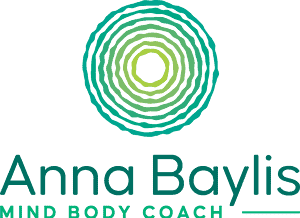Addictions
In my experience with coaching, when we want to change a behaviour we need to look at the underlying feelings, beliefs, or core needs, to get to the root cause that is driving the behaviour.
Often we look to change the behaviour, which in most cases doesn’t last long, for example a 30 day diet or joining a gym to lose weight. Or using nicotine patches to stop smoking.
When we dive deeper there is often a negative perception of self, such as feeling of not being enough or not worthy. This perception may lead to a behavioural adaptation, and overtime form an addiction, whether it be smoking, alcohol, or any other substance, porn or sex, as a way to cope with the negative feelings, or to give temporary relief. However, these perceptions are a false beliefs, taken on in childhood, creating the current reality.
By identifying the limiting belief and recognising it as false, and feeling any associated emotions, there is a sense of relief, reducing the need to smoke, drink or take a substance or engage in behaviours, as a coping mechanism or form of pain relief.
Smoking, taking substances or drinking are not natural or necessary behaviours, but rather learned coping mechanisms that can be overcome by addressing the root cause of negative self-perception and releasing any underlying emotions.
𝙈𝙮 𝙅𝙤𝙪𝙧𝙣𝙚𝙮 𝙩𝙤 𝙊𝙫𝙚𝙧𝙘𝙤𝙢𝙞𝙣𝙜 𝙀𝙭𝙚𝙧𝙘𝙞𝙨𝙚 𝘼𝙙𝙙𝙞𝙘𝙩𝙞𝙤𝙣: 𝙃𝙤𝙬 𝙍𝙚𝙘𝙤𝙜𝙣𝙞𝙯𝙞𝙣𝙜 𝙢𝙮 𝙀𝙢𝙤𝙩𝙞𝙤𝙣𝙖𝙡 𝙉𝙚𝙚𝙙𝙨 𝙎𝙚𝙩 𝙢𝙚 𝙁𝙧𝙚𝙚
Looking back on my relationship with exercise, I realize now that it had become a form of addiction for me. As a natural athlete from a young age, I excelled in every sport I played. It boosted my confidence and self-esteem and fulfilled my core needs of feeling significant, having certainty and variety in my life. However, as I shared in my previous post, every behavior is driven by an underlying need, and for me, the biggest need exercise fulfilled was to be seen. I was seen as an athlete, a champion, an Olympian, and this fueled my addiction to exercise.
But what happens when that identity is no longer there? Many athletes struggle after ending their career, and for me, it was a journey of starting to see myself beyond the label of an athlete. I had a profound realization after doing some deep inner emotional healing – part of being seen is seeing ourselves in our emotions. Recognizing, validating, and feeling our emotions to completion allows us to truly see ourselves. This was a significant shift in my inner world, and I no longer needed to exercise excessively for people to see me.
Now, my purpose and intention behind exercise is purely to align with my value of health and vitality. I no longer feel the compulsion to exercise to fulfill a need for validation or identity. It’s a liberating feeling to be able to exercise without feeling controlled by addiction.
If you feel that you have an addiction of some sort, know that you are not alone. There is a way to break free from the cycle of addiction and regain control of your life. Seeking support from a mental health professional, coach or a support group can be a helpful first step towards recovery. Remember, breaking free from addiction is possible, and you deserve to live a life free from the constraints of addictive behaviours.
I have put together an Ebook – ‘5 Steps To Break Free Of Emotional Eating’. Click here to download. Please share the Ebook to anyone you know might find this information helpful.






Leave a Reply
Want to join the discussion?Feel free to contribute!